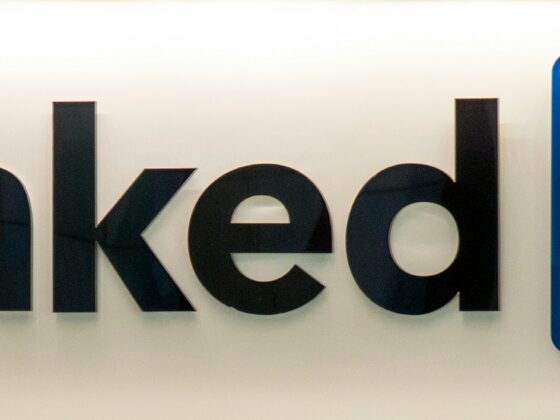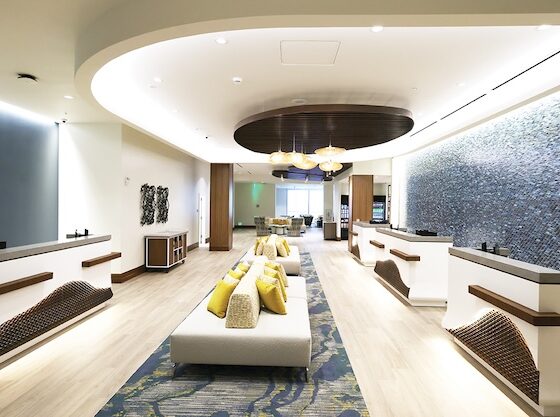As we dive into 2025, hotel asset management in Asia Pacific (APAC) is a study in contrasts. With uneven market performance and evolving guest expectations on one hand, rising costs and a growing sustainability agenda on the other, the year ahead presents risks and opportunities. Volatility and market dynamics will play a big part.
We explore four trends defining this divergence and offer some thoughts to hotel owners, operators and investors on how to win in an increasingly competitive and complex environment.
1. Diverging Market Performance
After a period of solid growth, APAC markets are now heading in different directions. Markets like Japan and Vietnam look set to be buoyed by strong inbound demand and India continues to tell a great domestic story. In contrast, mature markets like Singapore, Australia and New Zealand are likely to see subdued growth while Greater China remains a mixed bag with bright spots like the Greater Bay Area and Shanghai showing resilience.
Our advice
Have a strong grip on market cycles so you can adjust operating strategies accordingly. It is equally important to counteract volatility by keeping a diverse segmentation mix to prevent overreliance on any single segment as curveballs are to be expected.
2. Rising Costs and Margin Pressures
Keeping costs in check will be a priority this year as expenses outpace revenue growth in many markets. And there are more inflationary risks on the horizon. A large part of cost creep has been from staff costs, exacerbated by an ongoing talent shortage especially in frontline roles. This strain on operational budgets seems unlikely to abate in the near future.
Our advice
Double down on your talent development and retention strategy to keep good people on the team. At the same time, leverage technology in a way that makes sense for your hotel. There’s much discussion about AI and automation’s potential to drive efficiencies. Mobile check-ins and keyless entries, while being adopted gradually, can reduce front-of-house staffing needs. However, carefully assess whether a contactless approach aligns with the guest experience you aim to deliver.
3. Flexible Space Utilisation
The MICE sector is recovering but might never be back at the same levels as 2018 and 2019. Smaller meetings have not bounced back, and larger events and weddings are not bringing the same levels of attendees as before. Meanwhile, hotel restaurants are up against tough competition in almost every market – especially those cities with vibrant dining scenes.
Our advice
2025 is the year to rethink these spaces with the aim of ensuring that every square foot is put to best use. Underutilised MICE spaces can be converted into new revenue-generating opportunities like retail pop-up or alternative F&B collaborative concepts. Restaurants can be revamped through partnerships with best-in-class local operators. As specialists in their field, they can enhance your guest offerings through unique dining experiences and draw the local crowd.
4. Sustainability as a Competitive Edge
A credible sustainability is increasingly becoming an expectation. While the industry has been talking about it for a long time, progress has been largely fuelled by brand standards and PR initiatives. These days hotels with strong sustainability credentials get more visibility and often punch above their weight in terms of trading, they appeal to savvy investors, and there is a need to stay abreast (or even ahead) of tightening regulations.
Our advice
Think long-term but act strategically. While green technology upgrades across energy, water and waste management are making sustainability ROI more palatable, few hotels are in the position to overhaul their properties completely. A more practical approach is to get the basics right, and to build sustainability upgrades into your regular refurbishment cycle and make it part of your maintenance plans moving forward.
2025 may be unpredictable, but those who navigate it with agility will find plenty of room for growing profitably. Finding success this year will come down to staying flexible, taking some risks on new concepts and ventures, and being the first to pounce on opportunities.
About JLL
For over 200 years, JLL (NYSE: JLL), a leading global commercial real estate and investment management company, has helped clients buy, build, occupy, manage and invest in a variety of commercial, industrial, hotel, residential and retail properties. A Fortune 500® company with annual revenue of $20.8 billion and operations in over 80 countries around the world, our more than 111,000 employees bring the power of a global platform combined with local expertise. Driven by our purpose to shape the future of real estate for a better world, we help our clients, people and communities SEE A BRIGHTER WAYSM. JLL is the brand name, and a registered trademark, of Jones Lang LaSalle Incorporated. For further information, visit jll.com.









